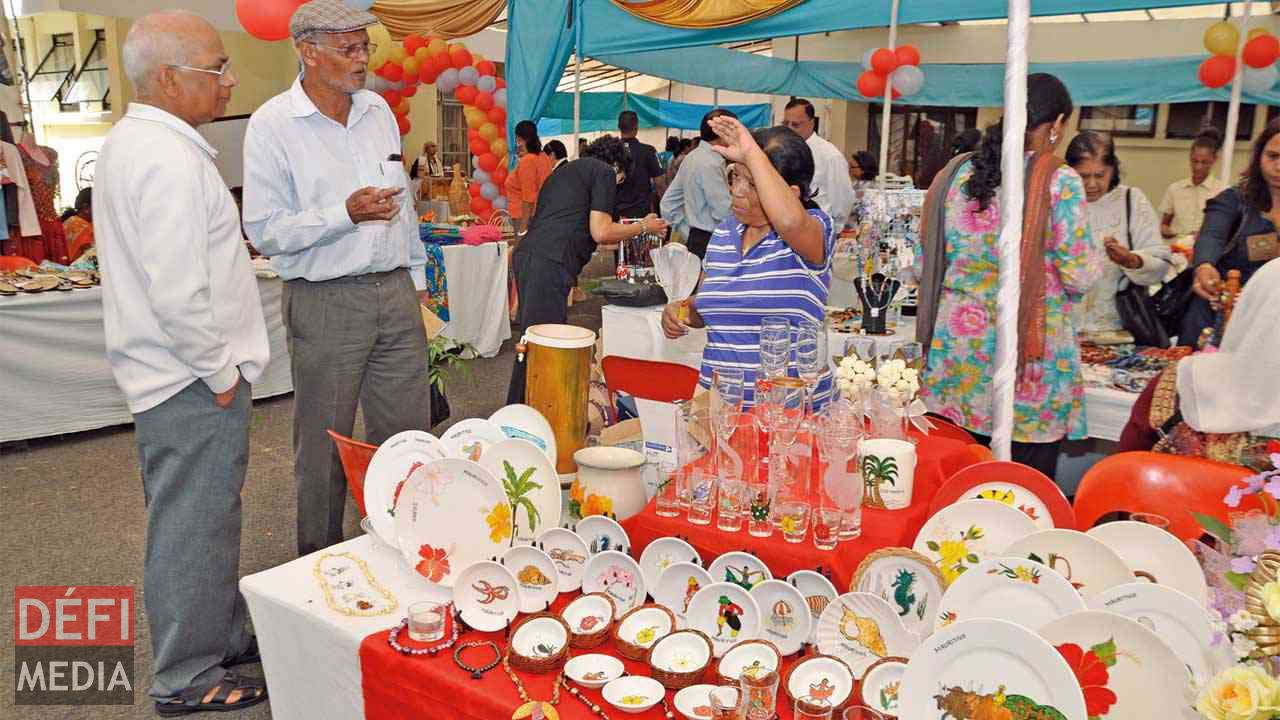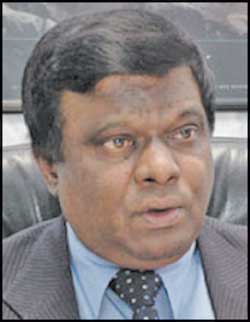
Nearly half of the country’s workforce are employed in small and medium businesses which also account for nearly half of the country’s gross domestic product. However, year in year out, small business owners continue to complain about the difficulty they face to access financing. Despite all measures implemented by successive governments, the situation has hardly improved.
Publicité
Micro enterprises are very important to a country, explains economist Arvind Nilmadhub. “They contribute to the economic development of the country and are a source of employment for many people. However, there is no official figure which shows the contribution of micro enterprises in Mauritius. There are many informal businesses which can be qualified as micro enterprises. For example, a dholl puri seller who employs three or four persons to prepare the food he will sell. Micro enterprises are not limited to food sellers, they are quite diversified and include businesses such as furniture makers, car washing and so on.”
According to him, many of the micro enterprises are full of skills. “Micro finance can make all the difference for these businesses. With access to finance, these businesses can prosper. And with a prosperous/running business, comes reward for not only the owners but the employees, too. One of the multiplier effects of micro finance is that it leads to greater consumer spending and thus contributes to the economy. In short, micro finance not only helps those micro enterprises but also boosts the country’s economic growth.”
He argues that in terms of measures to boost micro enterprises, the government first needs to know how many micro enterprises are in operation in Mauritius. “Most of these businesses are not registered or do not register with the relevant authorities because they simply do not know the procedures and advantages of getting their business registered. Another reason for not getting their business registered is that they find the process too lengthy where sometimes two different authorities ask for the same set of documents and procedures.
Thus, the Small Enterprises Development Authority (SMEDA) should first undertake a market study to identify micro enterprises and disseminate official statistics on these companies. Then the government, via the SMEDA, should inform the micro enterprises the importance of getting their business registered with the Companies Division. Whilst the government has announced in the Budget that it is implementing an e-regulation platform which will help these companies to register themselves more easily, there is still the need to inform the public about the importance of this platform. In fact, with this platform, it will become less costly and less cumbersome to register a business. Moreover, micro enterprises which are duly registered have better access to finance and facilities by both the private sector and the public sector.”
He lists the measures as follows:
- Include a special clause in government tenders for locally manufactured products (for example chairs/tables for offices)
- Include a clause in real estate projects (RES, Smart Cities etc), so that they source part of their products (for example 30% of soaps, hand wash products, wood carvings and handicrafts) from locally manufactured micro-enterprises.
- Large companies should be encouraged to outsource some of their production to micro-enterprises. For instance, a company may outsource some minor assembly works or simple packaging to micro-enterprises in the region close to their factory base.
- Encourage consumers to buy “Made in Mauritius” products
- Have dedicated booths in hotels for micro-enterprises.
 Saheed Thupsee: “Access to finance is hard”
Saheed Thupsee: “Access to finance is hard”
Saheed Thupsee, from the Aalamee Society, argues that micro enterprises are those enterprises that have a turnover of less than Rs 10 million. “Usually, micro enterprises are controlled by one person and employs between one and three persons. They usually deal in crafts or workshops. They operate in their house or a small garage. The situation of these enterprises is not evolving as it should have been and they have been left on their own,” he avers. Micro enterprises need working capital, assistance, logistic support, equipment and new technology, says Saheed Thupsee. “Micro enterprises do not need huge financing. They may need less than Rs 100 000. However, access to finance is not easy for them. They already possess technical knowledge, they just need enough support to further exploit their knowhow. Many of them do not even have a proper place to operate. These enterprises need a boost.” As advocated by Saheeh Thupsee, the government needs to facilitate access to finance for these enterprises. “The government should come forward with a series of measures. Finance is the most important one followed by assistance to build up and create visibility.”
 Vijay Ramgoolam: “Nothing is being done”
Vijay Ramgoolam: “Nothing is being done”
Former Director of SMEDA, Vijay Ramgoolam explains that nearly all countries lay emphasis on small and medium enterprises. He believes that a series of measures could have been implemented to give a boost to micro and small businesses. “Access to finance has been an issue and still nothing is being done. Private banks do offer some facilities but not all businesses benefit from those. It is difficult for a small business to provide a guarantee. Secondly, small businesses suffer from lack of marketing and visibility. They do not have enough exposure. Initially, at the airport, there was a place where small businesses could sell their products. With the new airport, there is no such visibility.” Vijay Ramgoolam argues that it is high time to help and assist small businesses to improve the quality of their offerings and encourage locally made products rather than focusing on imports. “New technology in needed to improve the quality of products. We should encourage the use of local products. The government must introduce more measures for these businesses.”

Notre service WhatsApp. Vous êtes témoins d`un événement d`actualité ou d`une scène insolite? Envoyez-nous vos photos ou vidéos sur le 5 259 82 00 !

























![[SATIRIQUEMENT VOTRE] Anabelle et l’art de la « punchline-choc »](https://defimedia.info/sites/default/files/styles/square_thumbnail/public/anabelle_ok.jpg?itok=4Z-eqHVn)
![[Satiriquement Vôtre] Pentiah et l’effet « Ice Balling »](https://defimedia.info/sites/default/files/styles/square_thumbnail/public/penthiah_thumb.jpg?itok=dV6Ma2sE)
![[Satiriquement Vôtre] AGG, l’alchimiste des ondes](https://defimedia.info/sites/default/files/styles/square_thumbnail/public/agg.jpg?itok=upwoCqN0)
![[Satiriquement Vôtre] Gungapersad coupe le Réseau des ados](https://defimedia.info/sites/default/files/styles/square_thumbnail/public/mahend_thumb.jpg?itok=ee0qxT4O)
![[Satiriquement Vôtre] Shirin, la dompteuse de l’hémicycle](https://defimedia.info/sites/default/files/styles/square_thumbnail/public/satiriquement_shrin.jpg?itok=W12WttMf)
![[Satiriquement Vôtre] Gunness inaugure... avec zéro effort](https://defimedia.info/sites/default/files/styles/square_thumbnail/public/gunesss_thumb.jpg?itok=tsiVLtDW)
![[Satiriquement Vôtre] Quand le « Messie » devient un mirage](https://defimedia.info/sites/default/files/styles/square_thumbnail/public/messie_thumb.jpg?itok=3dlw2jEh)